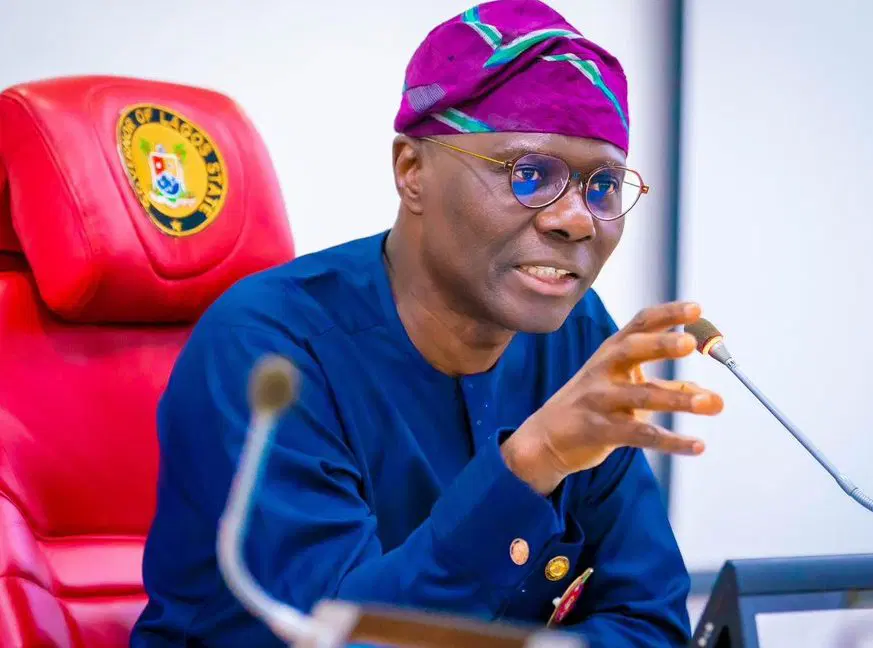Lagos State has recorded over 6.4 million residents on its official population register, with the government aiming to hit a 10 million milestone by 2027 as part of a broader drive toward smart governance and improved urban planning.
The latest figures were revealed by the Commissioner for Innovation, Science and Technology, Olatubosun Alake, during the 2025 Ministerial Press Briefing marking the midterm of Governor Babajide Sanwo-Olu’s second term. Speaking at the Alausa Secretariat in Ikeja, Alake said the Lagos State Residents Registration Agency (LASRRA) had registered a total of 6,465,667 people since it began operations in 2013.
Breaking down the numbers, Alake noted that over 4 million of those registered are adults, while more than 2.4 million are children. He emphasized that the goal is not just documentation, but building data-driven infrastructure for transport, housing, and utility services.
“Knowing how many people move through different parts of the city helps us decide whether to deploy rail, buses, or ferries,” Alake explained, pointing to the value of registration data in traffic management and urban development.
The state’s digital agenda continues to gather momentum. According to Alake, 3,000 kilometers of fibre optic cables have already been laid as part of the ongoing MetroFibre project, connecting around one million new internet users between 2024 and 2025. The state aims to extend this to 6,000km in total.

Free public Wi-Fi is also expected to roll out in selected areas by the last quarter of 2025, as part of efforts to boost public access to online services and solidify Lagos’ position as a digital hub.
In support of innovation, over ₦800 million has been awarded to 60 tech startups through the Lagos State Science Research and Innovation Council (LASRIC). Additionally, more than 70 research projects have received funding.
The Commissioner also highlighted the deployment of intelligent video surveillance (IVD) systems in strategic locations across the state to improve security and traffic law enforcement.
With cyber threats on the rise, Lagos reportedly fends off more than 1,000 cyberattacks each day. Alake mentioned that two serious incidents were recently blocked, crediting enhanced infrastructure and coordinated cybersecurity strategies with the private sector.
He also pointed to digital reforms underway in the civil service, including the adoption of an Oracle-based payroll system and the introduction of AI chatbots for better citizen engagement.
As artificial intelligence becomes more integrated into government processes, Lagos is crafting a soft regulatory framework. Alake said the state would soon release guidelines for ethical AI use, focusing on fairness, safety, and inclusion, rather than rigid rules.
“AI tools must reflect the diversity of Lagos. We’re developing a self-assessment system to help developers stay on track,” he said.
Meanwhile, around 50,000 residents are set to benefit from the Lagos State Digital Leap Program, aimed at closing the digital skills gap and promoting inclusive access to technology.




